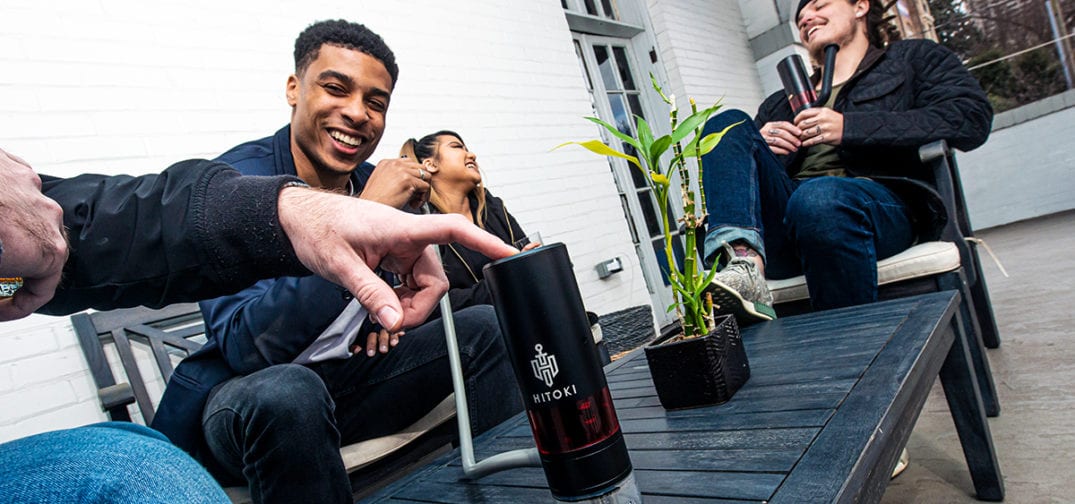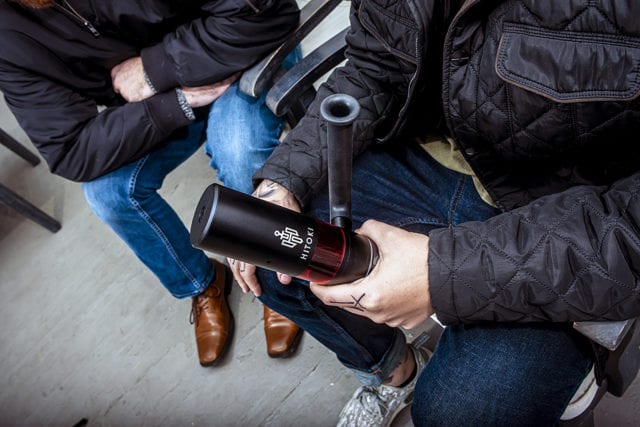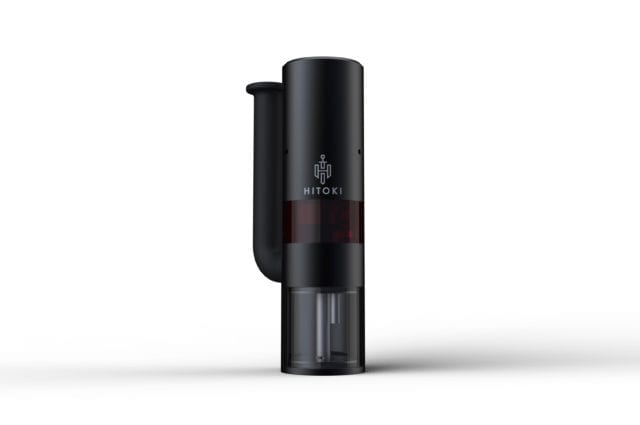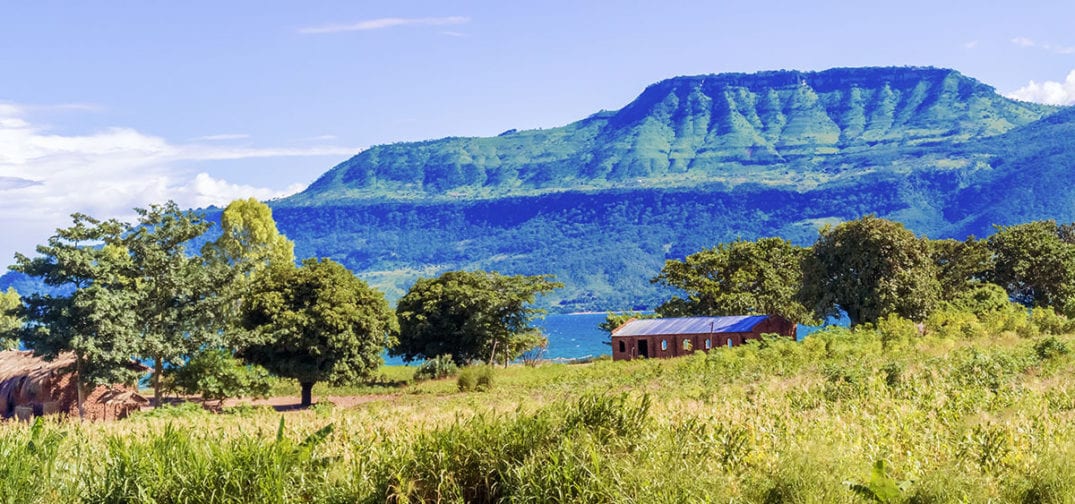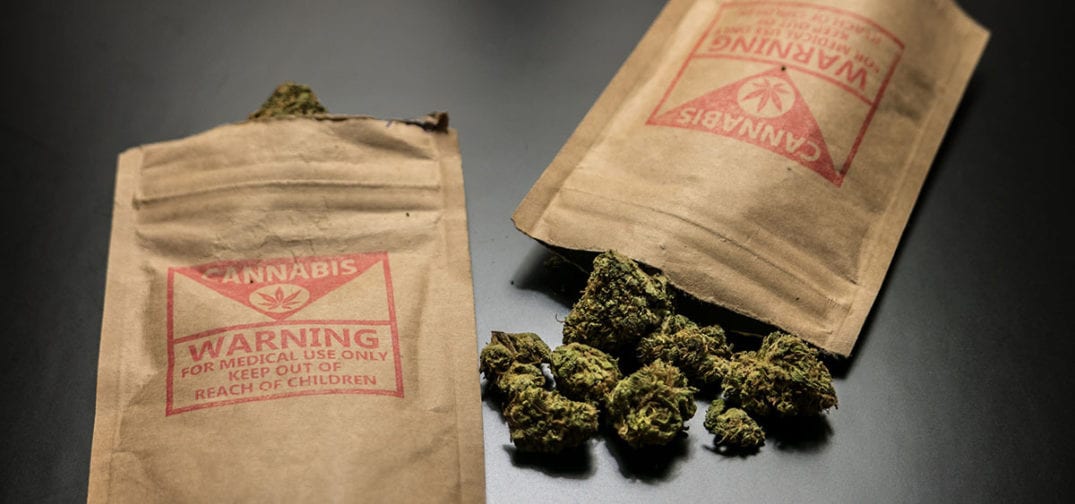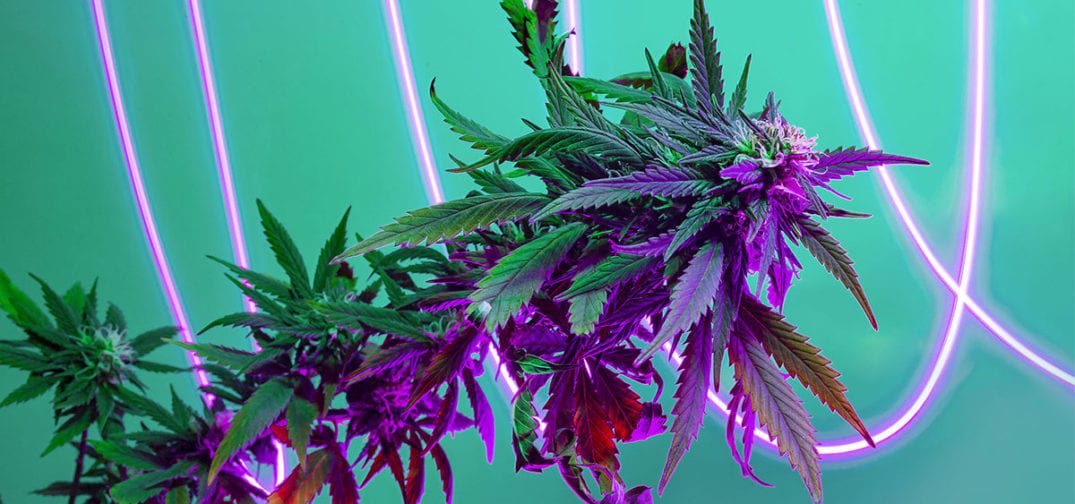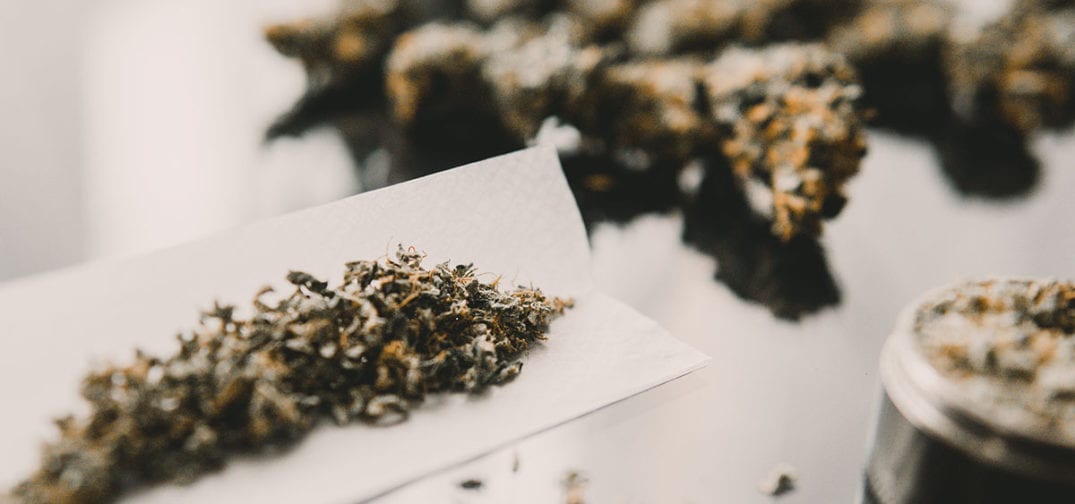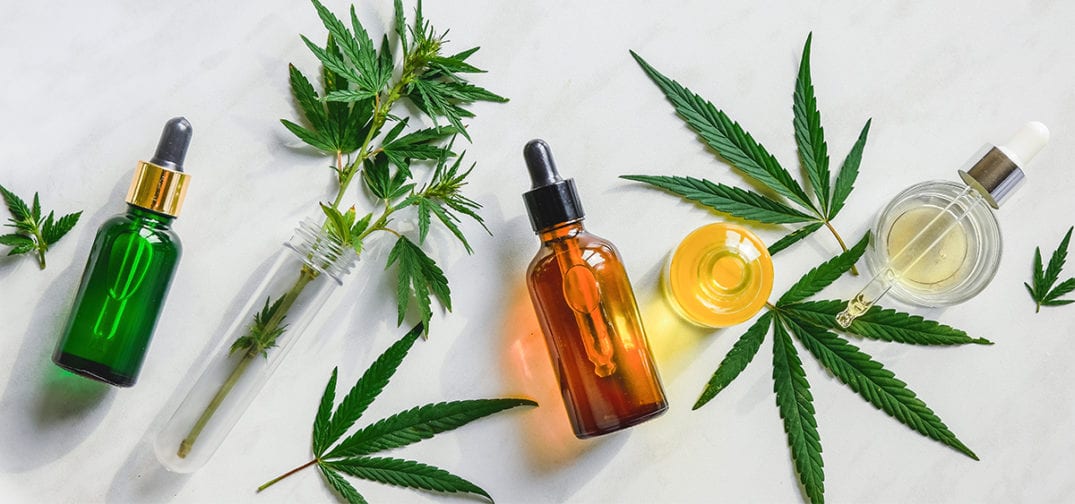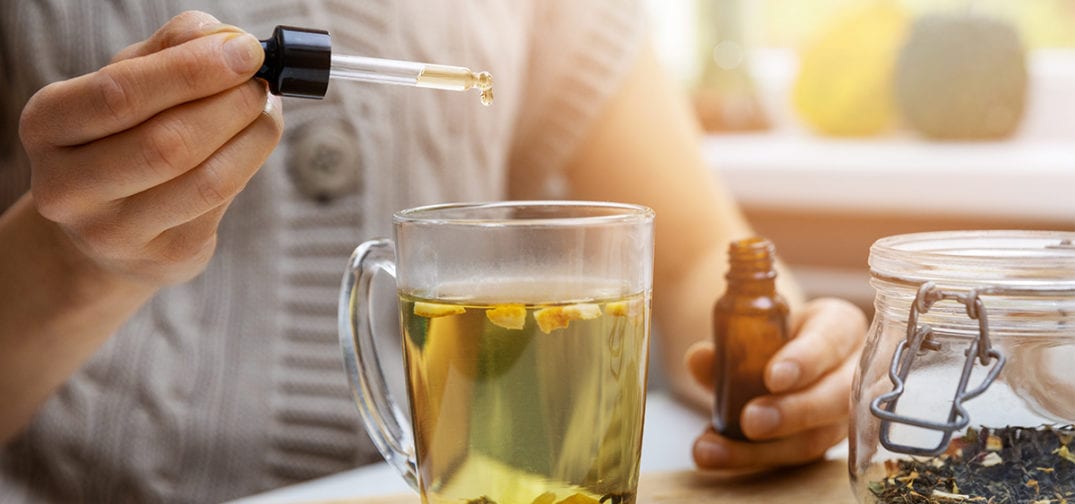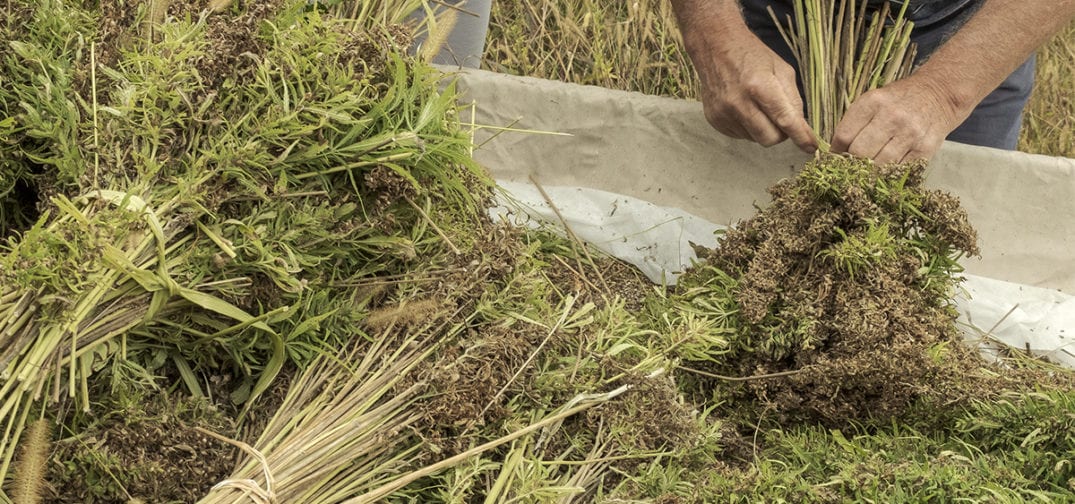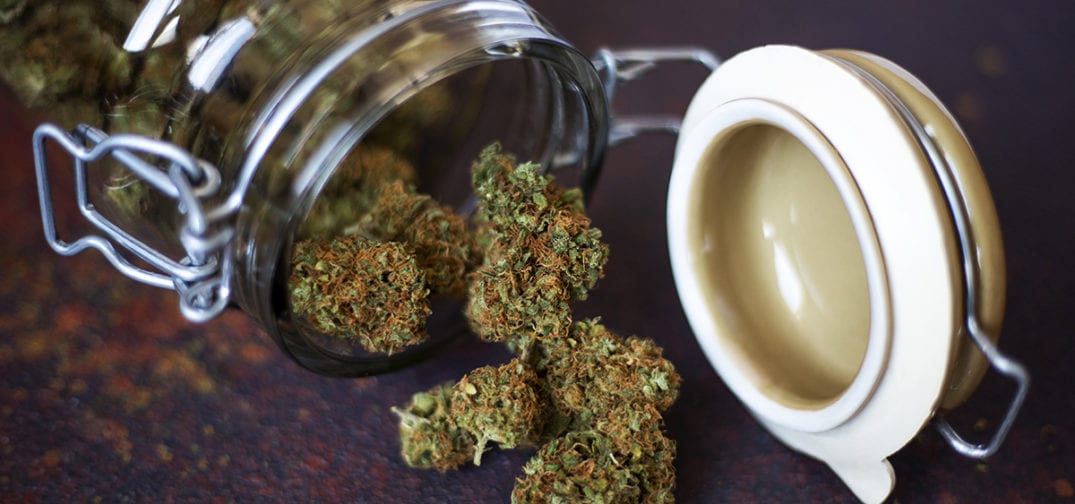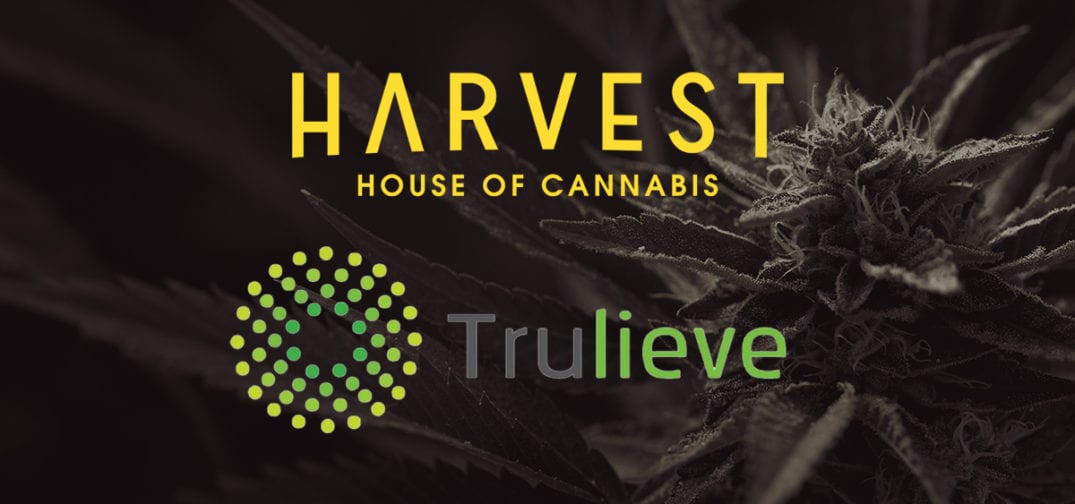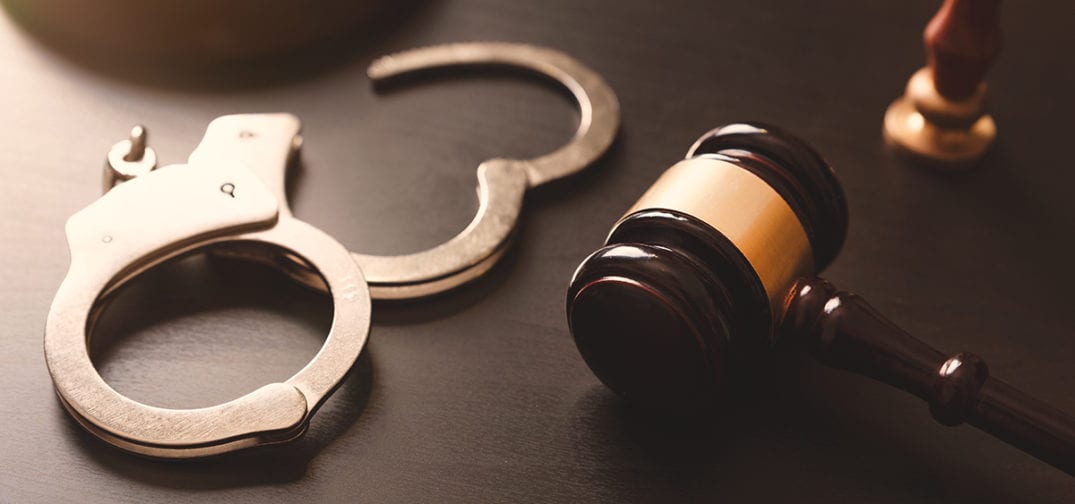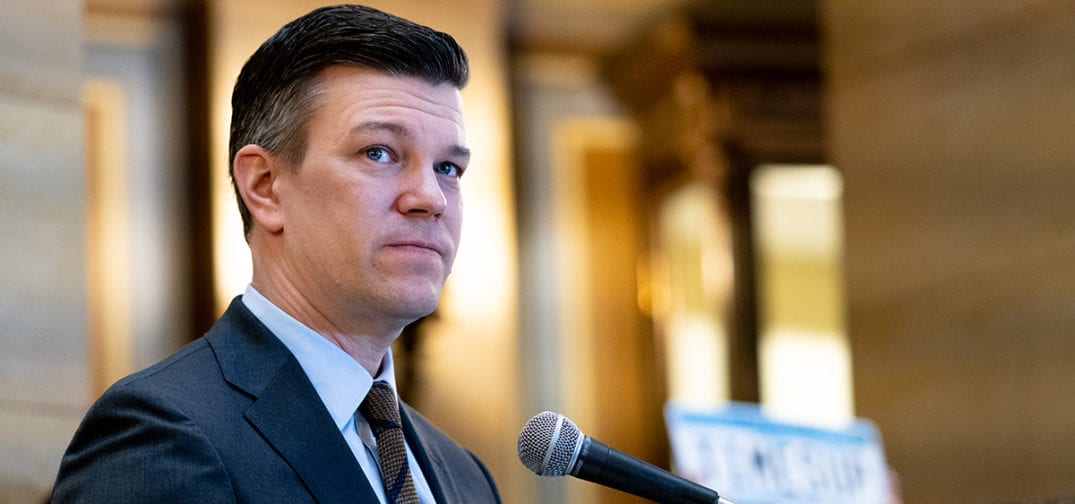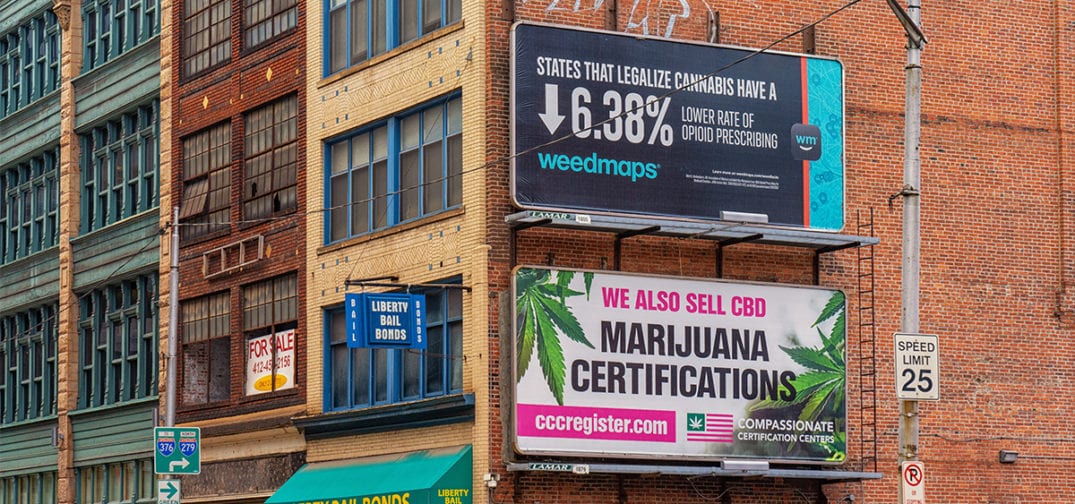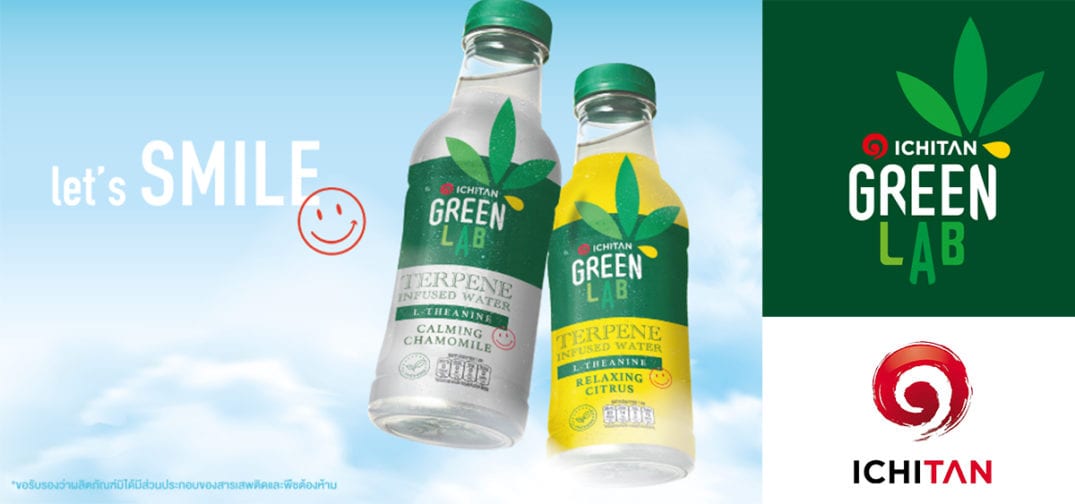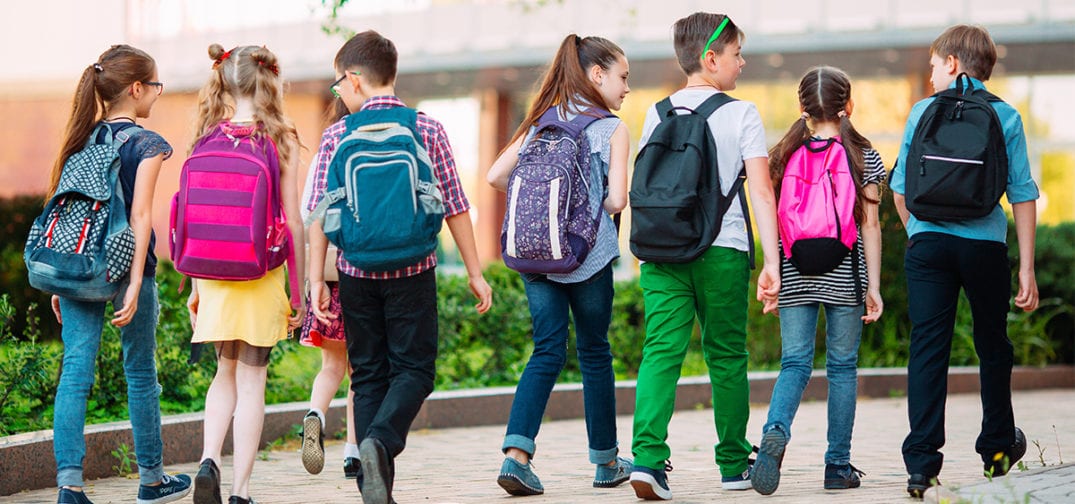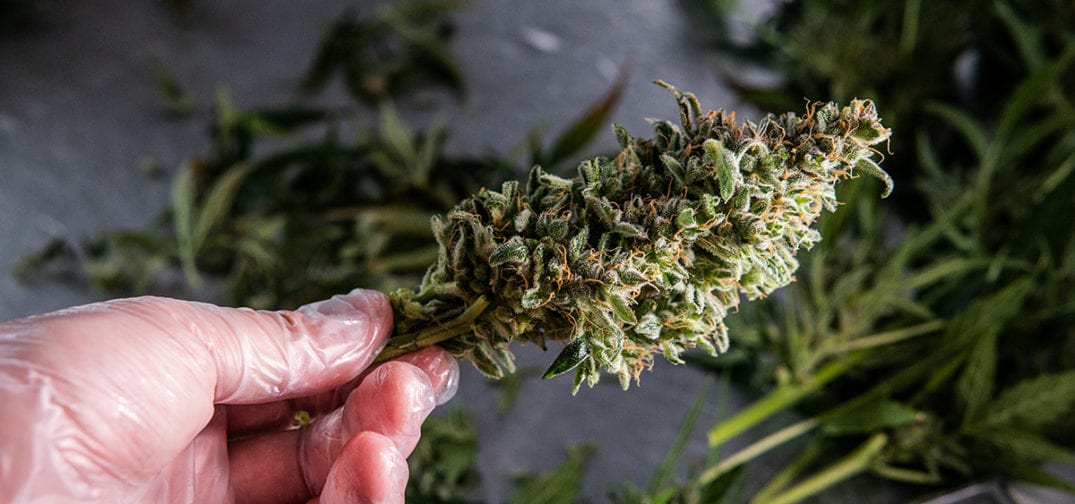The psychedelic movement has been making much necessary noise. People have the right to choose how they treat, care for, and medicate their minds and bodies. Plants heal and there is ample research supporting the healing benefits of psychedelic plants. Cannabis has been a gateway — a gateway to proof that better healing rests with plants. And this proof has led to the loud and proud advocating for psychedelic plants and fruiting bodies like magic mushrooms/psilocybin, Ayahuasca, DMT, and others.
There are so many advocates that deserve much praise. In this piece, we will feature Zoe Helene — the founder of Cosmic Sister, an environmental feminist educational advocacy collective founded in 2007 — and Danielle Negrin, executive director of the San Francisco Psychedelic Society. Together the two have teamed up on many initiatives all in support of healing through psychedelics.
About Zoe Helene and Danielle Negrin
Zoe is a cultural activist who coined the term Psychedelic Feminism. This term is used to describe an environmental sub-genre of feminism that embraces the power of psychedelics from a women’s healing, empowerment, and self-liberation perspective.
I asked Zoe to elaborate a little on psychedelic feminism:
“Psychedelic Feminism is multifaceted, but essentially, it’s about exploring feminist issues with sacred psychedelic plants and fungi as co-evolutionary allies. It’s for anyone on the gender spectrum, because we’re all harmed by the patriarchy and we’re in relationship with each other.
“Psychedelic Feminism is also about ensuring that the community and the field (we’re hearing the “industry” a lot recently, which is too bad) isn’t just another sad, subculture slice of the dominant patriarchal cultural pie. Patriarchy is a product of male supremacy, and male supremacy and white supremacy walk hand in hand.
“All the big isms — sexism, racism, ageism, classism, ableism — are systemically interconnected sub-categories rooted in ‘power-over’ models that have spread cultural sickness across the planet.”
Danielle specializes in building conscious community, providing psychedelic education, providing addiction recovery services and resources, and integration. Not only is she the executive director of the San Francisco Psychedelic Society, she is also on the advisory board for Project New Day, and was on the founding team of Decriminalize Nature Oakland. She is a believer in sacred intentional practice and the potential of making a better world for ourselves, our communities, and our Earth.
Which was what made this sit-down was important — as we move closer to psychedelic legalization, we must focus on psychedelics to heal, not as an industry.
About Cosmic Sister
Cosmic Sister advocates for women, wilderness, wildlife, and for the natural right to work with sacred plants. Promoting women’s voices in the field of psychedelics and beyond is a crucial part of their mission. One of the reasons that Cosmic Sister is huge on education and helping amplify voices is to support an ideal future.
“Educational advocacy is a core concept in our approach to supporting rapid cultural evolution. Our interconnected advocacy initiatives spread the word about good work being done by women around the world. Cosmic Sister supports women (and people across the gender spectrum) working in and for the environment, progressive mind-body-spirit wellness, human and non-human rights, ethical lifestyle choices and more. We are truth-seekers, trailblazers and love warriors, and we have hope for the future.”
I am one of the women that Cosmic Sister so graciously supports. Zoe has been a core member of my network. I’ve been a fan of her advocacy and voice, and she has been a HUGE part of my journey into the world of psychedelic research. Through Cosmic Sister, I was awarded a scholarship (more on this later) for a course that has helped me learn so much about the magic of microdosing with psilocybin.
Cosmic Sister offers scholarships all around the world: the United States, Canada, Japan, Nigeria, India, Peru, Costa Rica, Guatemala, Panama, Ecuador, Mexico, France, the United Kingdom, and more.
About San Francisco Psychedelic Society
The San Francisco Psychedelic Society is a Bay Area 501(c)(3) non-profit organization devoted to weaving community with people from all walks of life who share an interest in the exploration of altered states of consciousness.
Their mission is to provide community, support, and integration resources to those seeking harm reduction, addiction recovery, spiritual growth, and personal development. With a community of over 6,000 members, they are devoted to the exploration of the expansion of consciousness and the role psychedelics have played in the evolution of human consciousness. The organization honors indigenous lineages access without dogma, and the destigmatization of all drugs.
Cosmic Sister and San Francisco Psychedelic Society’s Partnership and Collaborations
I knew of one very important collaboration between Cosmic Sister and the San Francisco Psychedelic Society: the Microdose Movement course led by the San Francisco Psychedelic Society, created by the San Francisco Psychedelic Society, the Microdosing Institute, and Flow State Micro. Through a scholarship awarded by Cosmic Sister under their Cosmic Sister Special Talent Scholarship, I and three other women/womxn were able to attend the six-week course.
Zoe explained more about the initial meet-up, development of relationships, collaboration in general, and the collaboration for the Microdose Movement course:
“A mutual friend and colleague, Elizabeth Bast, introduced me to Danielle. Elizabeth received two of our Cosmic Sister Women of the Psychedelic Renaissance grants, one for speaking and another for a writing project about sexual ethics in the sacred medicine scene. Since, Danielle and I have had many long conversations and we’ve become friends and allies. We vibe on multiple levels, but I especially appreciate her warm heart, courage, integrity, and dedication to the sacred plants and fungi. We trust one another.
“As soon as Danielle reached out to me about the new Micro dosing Movement course, I was like, ‘Hell yeah!’ It’s timely and much-needed, and she’ll handle it beautifully. We love to participate in collaborations such as the Micro dosing Movement scholarships because it’s a great way to acknowledge and support talented, heart-centered people who have something special to contribute.”
The San Francisco Psychedelic Society and Cosmic Sister share the passion and mission as it relates to psychedelic feminism.
“We collaborate by helping each other lift and celebrate underrepresented voices in the scene and by creating projects and campaigns that demonstrate the power of diversity — not just as a strength, but as essential — and not only from the perspective of ancestry.
“Ultimately, Psychedelic Feminism is about the state of our species — specifically, our moral responsibility to own our actions and behaviors towards other humans and non-human living beings, including Earth.
“Females have been oppressed by an extreme power imbalance for millennia, and this imbalance has warped and continues to warp the way we are evolving as a species. We’ve become the cruelest and most destructive lifeform on Earth, and we’re dangerously close to destroying this spectacular planet. We’re committing mass suicide — and taking all the other lifeforms down with us.”
In Closing
Zoe concluded our interview with the following:
“We all have a past that led us to where we are as individuals, and all of our backstories brought us to where we are as a collective. Our actions, consciously or unconsciously, are co-creating a future — again, not just for humans, but also for non-humans.
“Both the San Francisco Psychedelic Society and Cosmic Sister are founded and led by females, and we have wisdom earned from our personal experiences in a male-dominated society. We don’t just recognize the obvious problems; we also cringe.
“Exploring our individual and collective past with sacred psychedelic plants and fungi as companions can help find buried treasures of truth we didn’t even know existed. Much of what we discover can be extremely painful, but facing truths is essential for real, lasting liberation, growth, and healing. All truths are important.”
PHOTO: Zoe Helene with Spirit Bundle. Zoe’s matrilineal ancestors burned Asterion (Cannabis), Greek sage (Salvia fruticosa), Cedar (Cedrus libani) and Lavender (Lavandula) in healing rituals. Photo by Tracey Eller (@traceyeller).



